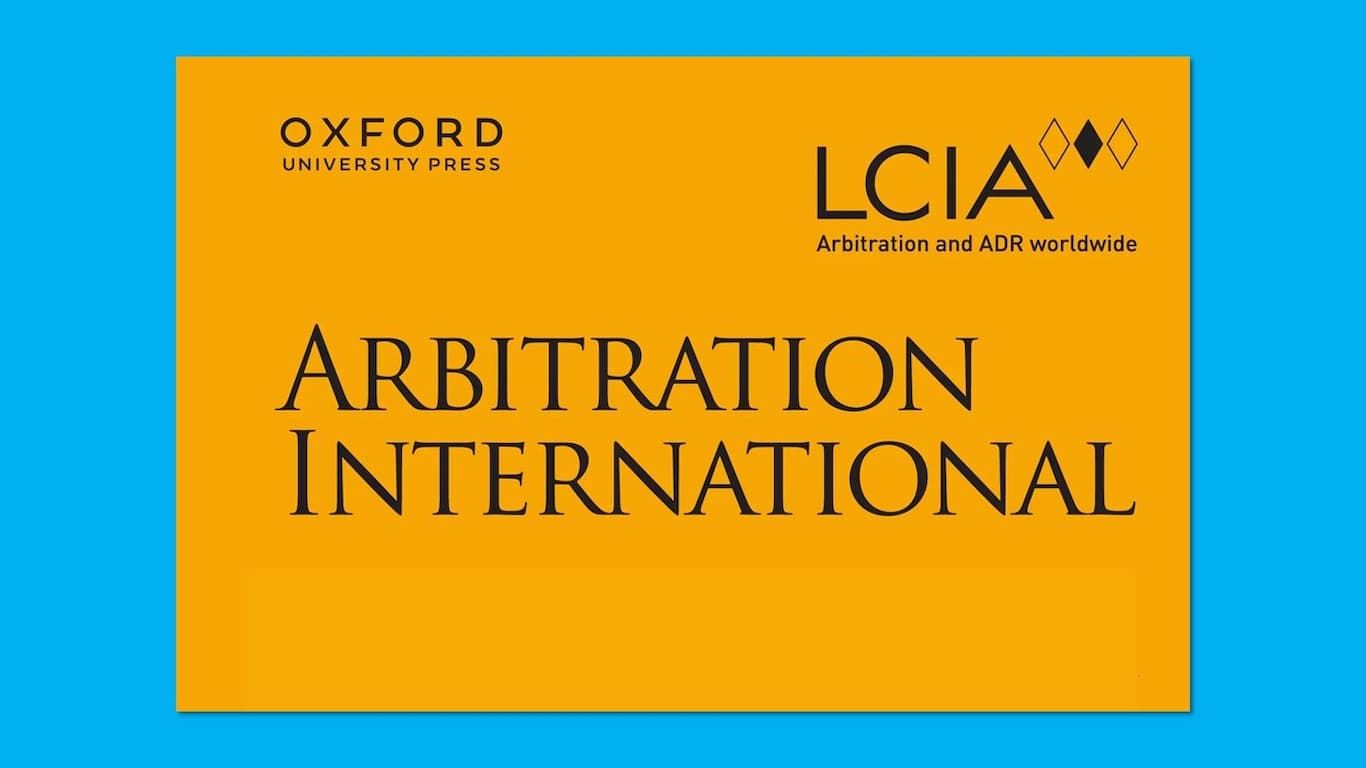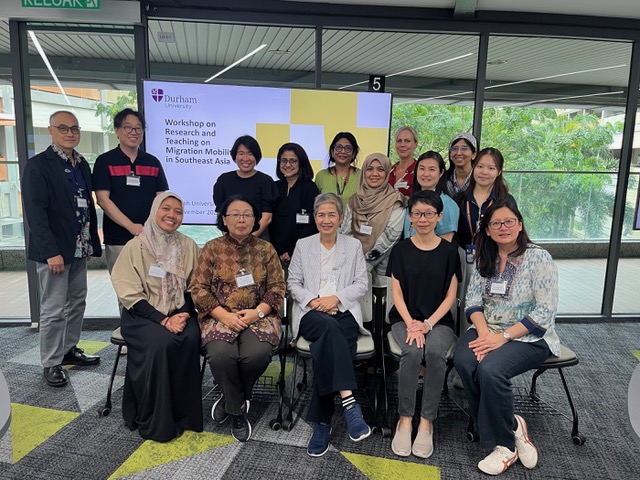Assistant Professor Dr Nobumichi Teramura, with Professor Leon Trakman (UNSW Law & Justice, Australia), published an open access journal article entitled “Confidentiality and privacy of arbitration in the digital era: pies in the sky?” in Arbitration International.
“Abstract: Confidentiality and privacy are essential components of arbitration, preceding the digital data era. This article discusses how arbitration stakeholders—arbitration institutions and associations, arbitrators, attorneys, and commercial users—have increasingly lost control over confidentiality and privacy in international commercial arbitration by adopting digital technologies provided by Internet giants, such as Microsoft, Google, Dropbox, and Zoom. Arbitration institutions and users have, often unconsciously, defined confidentiality and privacy expansively to promote the wider use of email, cloud storage, and video conferencing platforms in conducting arbitration proceedings. However, they have overlooked the extent to which the use of digital technologies exposes private and confidential information to third parties, including but not limited to Big Data. They have also placed undue faith in the capacity of Internet giants that dominate the Internet to protect highly sensitive arbitration proceedings which those giants commercialize to garner public attention including in arbitration disputes. In responding to this troubling reality, the article examines how to better protect confidentiality and privacy in arbitration, by refining existing protections embodied in international rules and guidelines and choosing domestic forums that favour such protections. It also encourages arbitration stakeholders to update the rules and their application to arbitral proceedings to respond to both intended and unintended violations of commercial and personal data. That strategy includes redressing the downstream disclosure of injurious data, including by choosing legal forums that protect against the use of intelligence to violate private and confidential data.”





